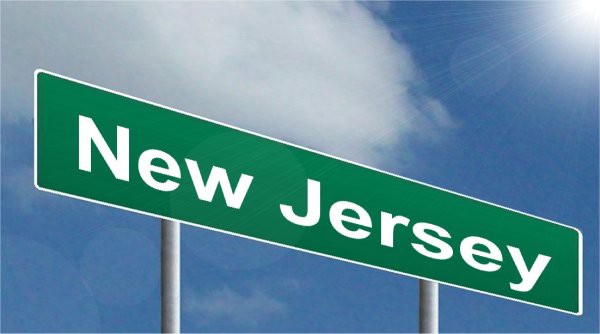
Part 1 of 5: Property Tax History and Your Assessment

The following comes from Harrison Township Mayor Louis Manzo:
As I seek to provide you with an understanding of property taxes in our state, we need to start at the beginning. So, here’s a quick history lesson: Paying a tax on property actually started while New Jersey was still a colony under English rule.
In 1670, a levy of one-half penny per acre was imposed to support the local colonial government. By the mid 1680’s, counties had been established and empowered to raise revenues for public improvement through these tax “certainties.”
Obviously, taxation was a basis for the American Revolution a hundred years later with the principal driver being the Townshend Acts of the mid-1760’s, which placed substantial import tariffs on required goods like tea, glass, paper and lead. This “taxation without representation” lead to our independence, but it did not end the need for government to provide for public improvement and safety.
In the years following the birth of our nation, individual states varied in their tax policies. Several adopted a capitation (or poll/head) tax, while others taxed livestock. Land was taxed in a variety of ways and throughout the 1800’s, states began to adopt a “valuation-based” property tax. New Jersey did so in 1851 and amended the State Constitution in 1875 to include the concept of uniformed assessments. That’s how we end up with the current system that calls for a property tax “per $100 of assessed value”. Therefore, if your total Tax Rate is $3.00 (Harrison’s is $2.90) and your home is valued at $400,000, your total tax would be $12,000 ($400,000 divided by $100 = $4,000 X $3.00 tax rate = $12,000).
Consequently, the tax you pay is a function of the Total Tax Rate of the taxing entities (schools, county, local, fire, library) and your assessment. We have a County Assessment Program in Gloucester County and there are times when residents are not happy with their assessment. My advice is always the same: File an Appeal. There is no such thing as a perfect system and the assessment process recognizes this.
Based on all the aspects of determining your home’s value, including possibly being denied access inside, the Assessor declares a value using statutory criteria dictated by the State. This allows for a fair and defined appeal process. Though not everyone gets the satisfaction they seek, almost all will get some adjustment if they appeal their assessment. The county program also eliminates all costs previously assumed by the municipality, including personnel, revaluations and appeals.
Now that we are clear on “what” you’re being taxed on, part 2 of this series will focus on tax rates and our municipal budget. Sounds exciting, doesn’t it?
I will walk you through the tax rates, how much revenue that provides the township and how it gets allocated in next week’s issue. Touch base with any questions you have. My email address is [email protected] and my phone is (609) 254–1199.


